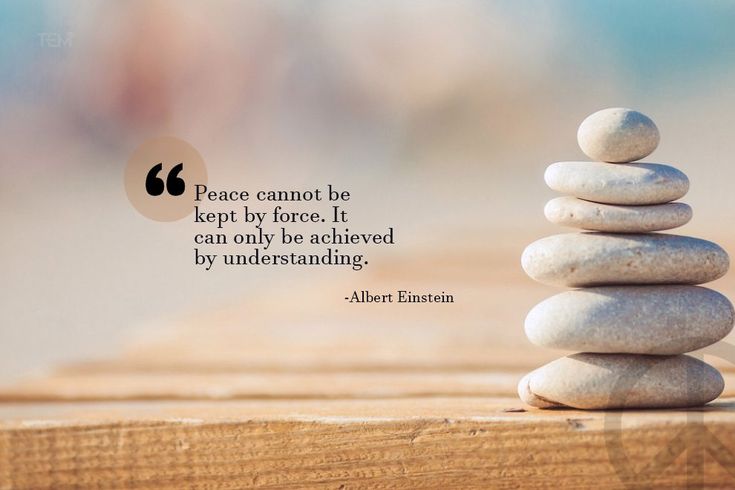War Can Never Bring True Peace
In a certain corner of the world, there is a small nation with a population of about ten million. Despite its size, it prides itself on being a military power. With its advanced weaponry and highly trained army, it believes that no other country in the region can challenge it. Thus, whenever disputes arise with its neighbors, this nation always resorts to force rather than diplomacy or peaceful negotiation.
The country’s leaders hold a dangerous belief — that “only war can bring peace.” In their view, military strength and constant shows of force are the only ways to ensure national security and stability. Yet, after so many years, the region remains trapped in conflict. The people continue to suffer under the shadow of war, and true peace has never come.
The truth is, war has never brought real peace. It may suppress an enemy for a time, seize territory, or deliver temporary victories, but it cannot erase hatred or build trust. On the contrary, every war deepens resentment between peoples and sows the seeds of the next conflict. Children who grow up amid ruins do not learn forgiveness—they learn revenge. A society governed by militaristic thinking gradually loses compassion and rational judgment. Such “peace” is nothing more than an illusion of silence between two battles.
True peace must be built upon understanding, respect, and fairness. A nation that relies solely on force to protect its interests will forever live in fear and suspicion. Peace is not the disappearance of enemies—it is the disappearance of enmity. It is not the silence of weapons, but the calm of the human heart.
History has shown that countries which have achieved lasting peace did so not through conquest, but through dialogue, compromise, and mutual respect. War can destroy everything, but it can never build a better future.
Perhaps the leaders of this small nation should reflect: if decades of warfare have failed to bring peace, then maybe the problem does not lie with their enemies—but with themselves.

